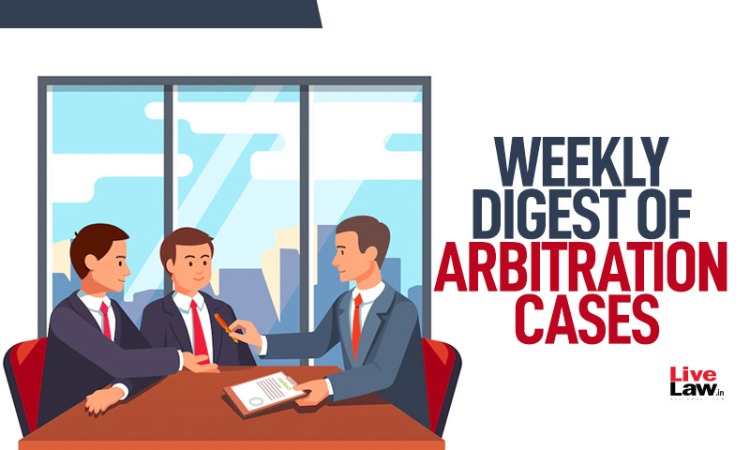Next Story
22 Jan 2024 9:52 AM IST
Supreme Court Supreme Court Issues Notice On Plea Challenging Validity Of Section 3G Of National Highways Act Case Title: B.D. Vivek v. Union of India, Writ Petition Civil No. 1364 of 2023 The Supreme Court Bench of Justices B.V. Nagrathna and Ujjal Bhuyan has issued notice on a writ petition challenging the Constitutional Validity of Section 3G of the National Highways...

